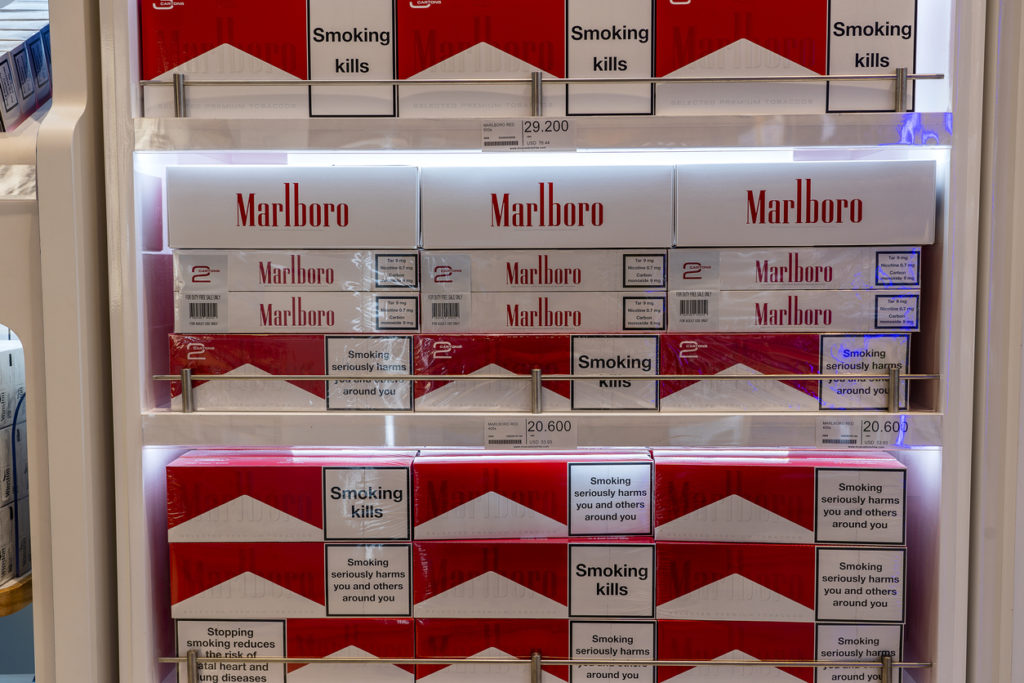Earlier this summer, the Upper Arlington City Council passed Ordinance No. 35-2015 raising the age for the sale and purchase of tobacco products within the Upper Arlington city limits from 18 to 21.
This new tobacco law prohibits the distribution or sale of cigarettes, tobacco products (i.e. a cigarette, a cigar, pipe tobacco, chewing tobacco, or snuff), e-cigarettes and liquid nicotine to individuals under the age of 21.
Does This New Law Mean that Its Illegal for an 18 Year Old to Possess Tobacco or Smoke a Cigarette in Upper Arlington?
No. The new law only covers the sale and purchase of tobacco products. Possession and use of tobacco by individuals over the age of 18 is legal.
Can 18-Year Olds Still Buy Nicotine Patches?
Yes. Under the new law, businesses may still sell or distribute tobacco cessation products – such as nicotine patches – to those under the age of 21 as long as the FDA has approved the product as a tobacco cessation aid.
What is the Penalty for Selling Cigarettes or other Tobacco Product to an Underage Person?
If tobacco is sold to a person under 21 in Upper Arlington, both the individual making the sale and the business (the employer) will be held accountable.
Violation is an unclassified misdemeanor. There is no jail time set forth in the statute, but the fine schedule is as follows:
First offense in 12 months = $150.00
Second offense in 12 months = $250
Third or more offense in 12 months = $500.00
For more information about liability and fines for selling tobacco to an underage person, see Upper Arlington’s Business Information Sheet.
Are there any Defenses to a Sale of Tobacco to an Underage Person Charge?
Yes. If all of the following are true, the seller should be found not guilty:
(1) The underage person presented a valid ID, and
(2) A transaction scan of the driver’s or commercial driver’s license or identification card indicated that the license or card was valid and
(3) The cigarettes, tobacco products, e-cigarettes, or liquid nicotine were sold, given away, or otherwise distributed to the card holder in reasonable reliance upon the identification presented and the completed transaction scan.



